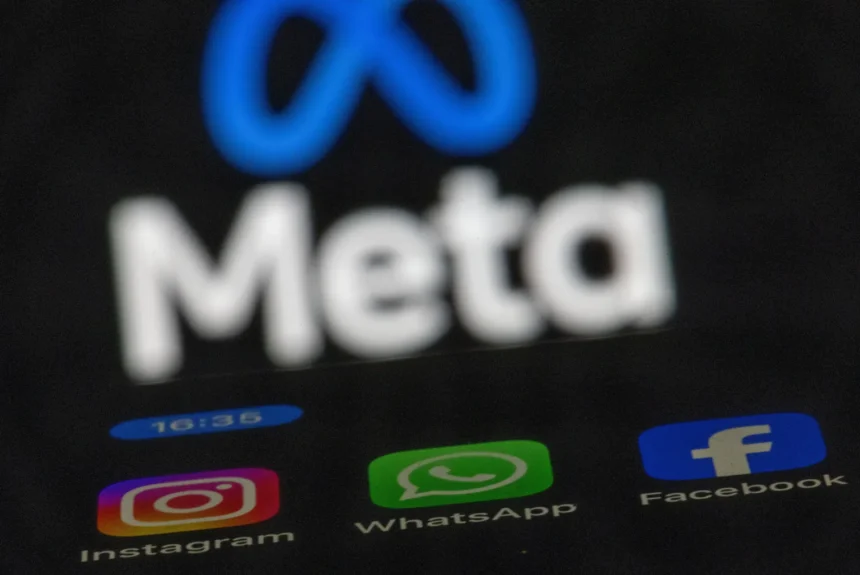In an ambitious move to break language barriers and advance artificial intelligence, Meta has announced a groundbreaking initiative in partnership with UNESCO. The newly launched Language Technology Partner Program aims to accelerate the development of AI-driven speech recognition and translation systems by leveraging diverse linguistic data from global collaborators. This initiative underscores Meta’s commitment to fostering inclusive AI technology while addressing the challenges faced by underrepresented languages in the digital landscape.
Expanding AI’s Linguistic Horizons
At the heart of this initiative is a large-scale effort to collect speech recordings with transcriptions, extensive text corpora, and translated sentence sets in a wide array of languages. Meta is inviting institutions, researchers, and language preservation advocates to contribute over 10 hours of speech recordings alongside transcribed text and bilingual sentence pairs. These datasets will help fine-tune AI models for speech recognition and machine translation, which will eventually be open-sourced for the global AI community.
Among the early collaborators is the Government of Nunavut, a territory in Northern Canada where Inuktut, an Indigenous language spoken by the Inuit people, is widely used. This partnership is particularly significant as it aligns with UNESCO’s mission to safeguard endangered languages and promote linguistic diversity in AI advancements.
“Our efforts are especially focused on underserved languages, in support of UNESCO’s work,” Meta stated in a blog post shared with TechCrunch. “Ultimately, our goal is to create intelligent systems that can understand and respond to complex human needs, regardless of language or cultural background.”
An Open-Source Benchmark for Machine Translation
In parallel with the new program, Meta is also rolling out an open-source machine translation benchmark designed to evaluate and enhance language translation models. Unlike conventional datasets, this benchmark comprises sentences carefully crafted by expert linguists to provide a more nuanced and accurate assessment of translation performance. It currently supports seven languages and is accessible via the AI development platform Hugging Face, where researchers and developers can also contribute their linguistic insights.
Meta is positioning both initiatives as philanthropic, emphasizing its dedication to open-source AI research and multilingual inclusivity. However, these advancements will also serve Meta’s own interests, particularly in enhancing its AI-driven assistant, Meta AI, and its suite of automated translation features. The company continues to push the boundaries of AI-powered multilingual tools, including real-time voice translation for Instagram Reels, a feature currently in pilot testing. This innovation allows creators to dub their voices and sync their speech across different languages, breaking down barriers to global content sharing.
Addressing Past Challenges in Language Moderation
Despite these promising advancements, Meta’s track record with multilingual content moderation has faced scrutiny. Reports have highlighted disparities in how misinformation and harmful content are flagged across different languages. For instance, during the COVID-19 pandemic, an analysis revealed that Meta left nearly 70% of Italian- and Spanish-language misinformation unflagged, while English-language misinformation was moderated far more effectively at just 29% left unaddressed. Additionally, leaked internal documents have shown that Arabic-language posts are frequently misclassified as hate speech, further underscoring the limitations of current AI models in multilingual contexts.
Meta has acknowledged these shortcomings and asserts that improving translation and moderation technologies remains a top priority. By investing in AI models that better understand linguistic and cultural nuances, the company hopes to close these gaps and provide more accurate, context-aware moderation across its platforms.
The Future of AI-Powered Language Technology
Meta’s latest initiatives mark a significant step toward democratizing AI-driven speech and translation technologies. By crowdsourcing linguistic data, enhancing model accuracy, and open-sourcing AI tools, the company is not only contributing to global research efforts but also reinforcing its own ecosystem of language-based AI applications.
While challenges remain in ensuring fairness and reliability across languages, the collaboration with UNESCO and global partners could pave the way for a more inclusive digital future—one where AI understands and respects the richness of human language in all its diversity.
With these advancements, Meta is making a bold statement: AI-powered communication should not be limited by language barriers. As the company continues refining its models, the dream of seamless, real-time, and culturally aware AI communication is inching closer to reality.










